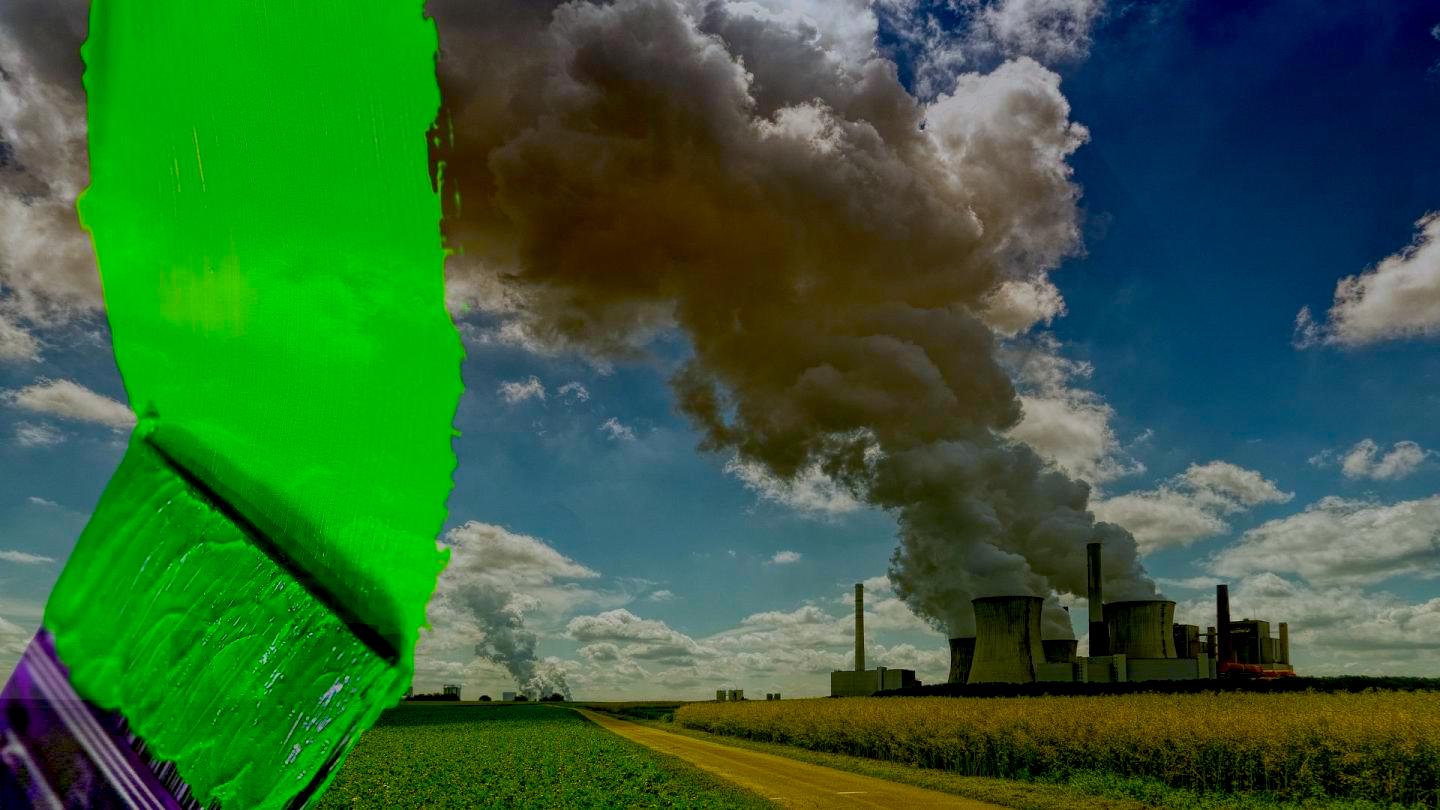The European Union is set to sabotage its own goal for net zero emissions by 2050 – unless countries and parliamentarians step up to block a rule that labels gas as green.
The European Commission decided on 2 February to include natural gas, as well as nuclear energy, in the bloc’s new taxonomy – a classification system that establishes environmentally sustainable economic activities for investment. It’s designed to give investors and businesses clarity on where to focus their sustainable investments and strategies, and to prevent greenwashing.
This is central to the European Green Deal Investment Plan, which aims to mobilise at least €1 trillion towards sustainable investments in the 2020s and facilitate those investments for both the private and public sectors.
The inclusion of gas in the taxonomy defeats that purpose. It contradicts the bloc’s pledges to cut emissions by 55% by 2030 (compared to 1990 levels), as the Commission’s own impact assessment found that this goal requires a rapid decline in gas consumption within this decade.
The taxonomy has now been adopted as a Delegated Act by the Commission. This would technically allow new conventional gas plants to be considered sustainable developments during the 2020s, as long as their emissions fall under certain thresholds.
However, those thresholds far exceed science-based recommendations made by the Commission’s technical expert group, and are difficult to verify and enforce. They also contradict the International Energy Agency’s roadmap to net zero emissions by 2050 and a global temperature limit of 1.5 degrees Celsius – which requires an immediate end to investments in new fossil fuel projects.
The Delegated Act will now come under scrutiny by the European Council and the European Parliament for up to six months. Either institution can veto the legislation with at least 20 countries representing 65% of the EU’s population in the Council, or the majority of MEPs (at least 353) in the Parliament.
The opposition
The inclusion of gas and nuclear in the taxonomy has already drawn opposition from some member countries, although they are unlikely to gain enough backing to block the legislation.
Austria, Denmark, Ireland, Luxembourg and Spain spoke out against labelling gas as green in March 2021, saying they wanted to “preserve the scientific integrity of the taxonomy”. The Netherlands and Sweden have since joined the opposition; anti-nuclear Austria and Luxembourg have threatened to take the Commission to court on the grounds that nuclear waste violates the principle to “do no significant harm” to the environment; and Spain said it may apply its own standard to issuing green bonds.
However, they will come up against some of the EU’s more populous countries, including France, which is in favour of nuclear energy, and Germany, where utilities and industry lobbied for the inclusion of gas.
The chances of a veto are higher in the European Parliament, where Socialists and Greens oppose the green gas label and could be joined by centre-right and liberal MEPs from opposing countries.
Crucially, opponents are backed by a majority of financial players who say gas does not qualify as a science-based sustainable investment. They include the Institutional Investors Group on Climate Change (IIGCC), made up of over 370 members with €50 trillion of assets under management, and the UN-convened Net Zero Asset Owner Alliance, with 69 members managing over $10 trillion in assets under management.
“For institutional investors, the inclusion of gas will limit their ability to align their portfolios and investment with net zero,” said IIGCC CEO Stephanie Pfeifer. “At a time when we need clarity, the inclusion of gas creates an unhelpful precedent and muddies the waters for investors looking to do the right thing.”
Empty promises
The EU often touts itself as a world leader in climate action targets and policies, after raising its pledges under the Paris Agreement to a 55% emissions cut by 2030 and net zero by 2050.
Internationally, labelling gas and nuclear as green undermines the European Green Deal underpinning the bloc’s climate targets, setting a dangerous international precedent of failing to back words with action and allowing financial greenwashing. This is already happening: South Korea, whose government was elected on a green deal pledge, also intends to include gas in its green taxonomy.
At home, the measure would also incentivise investments in stranded assets, as gas-fired power plants live for around 25 years. It would also contradict the EU green bonds issued under the Covid-19 economic recovery programme, whose first issuance excluded gas projects; and the European Investment Bank’s lending policy, which excludes investments in fossil fuel projects.
Finally, it would strengthen the EU’s reliance on natural gas imports – at a time when the bloc grapples with an energy price crisis pushing up the cost of living, and the threat of a Russian invasion of Ukraine.





